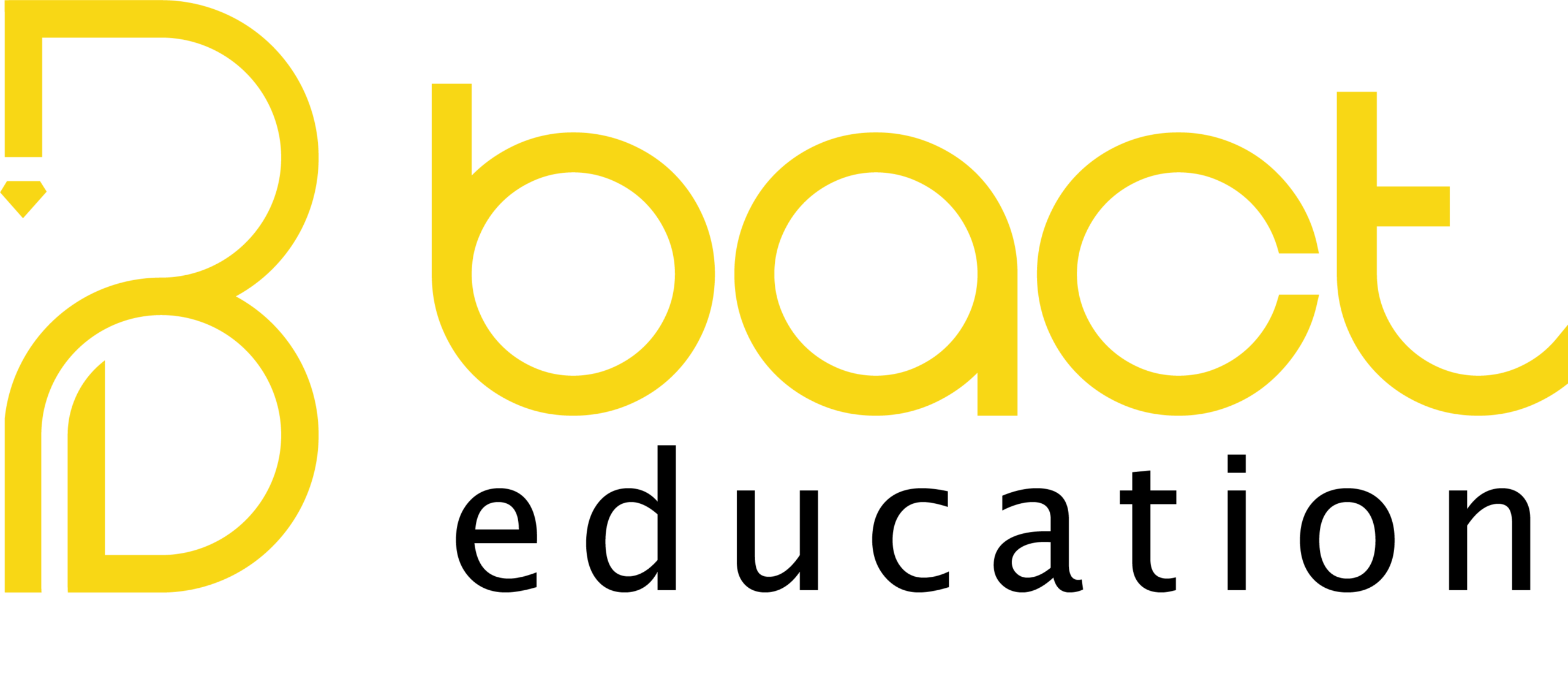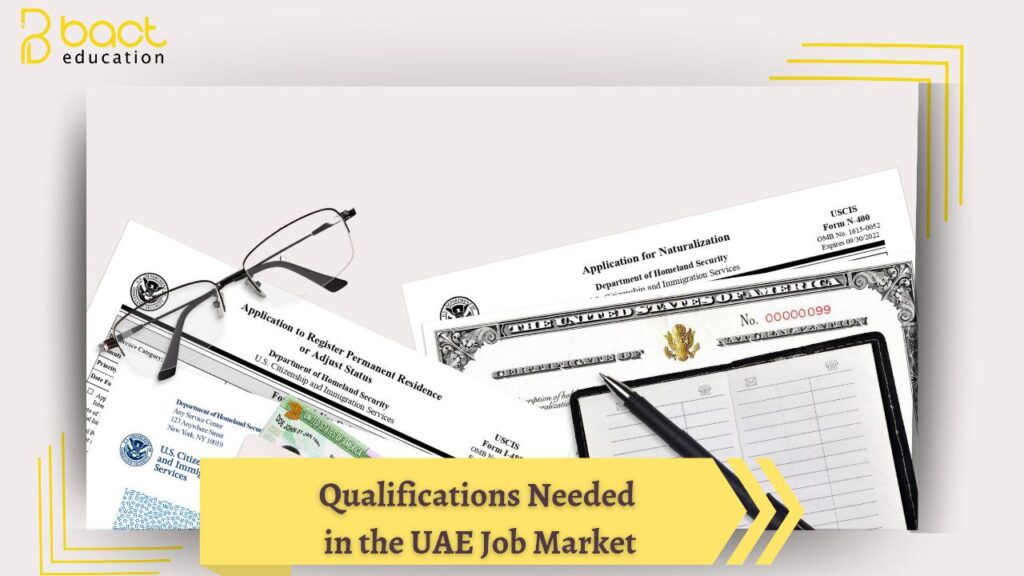Qualifications Needed in the UAE Job Market: A Guide for Job Seekers
The United Arab Emirates (UAE) is a global hub for business, finance, technology, and tourism, attracting professionals from around the world. However, securing a job in the UAE requires meeting specific qualifications and understanding the expectations of employers. Whether you’re a fresh graduate or an experienced professional, this guide will help you navigate the key qualifications needed to succeed in the UAE job market.
1. Educational Qualifications
a) Minimum Requirements
-
High School Diploma: Required for most entry-level jobs.
-
Bachelor’s Degree: Essential for professional roles (e.g., engineering, finance, IT, healthcare).
-
Master’s Degree or PhD: Preferred for senior and specialized positions.
b) Degree Attestation
Foreign degrees must be attested by:
-
The issuing country’s Ministry of Education & Foreign Affairs.
-
The UAE Embassy in your home country.
-
The UAE Ministry of Foreign Affairs (MOFA).
Tip: Some free zones (like Dubai Internet City) may accept un-attested degrees initially, but attestation is eventually required for visa processing.
2. Professional Certifications & Licenses
Certain industries require additional certifications:
-
Healthcare: DHA (Dubai Health Authority), HAAD (Abu Dhabi), or MOH (Ministry of Health) license.
-
Teaching: Teaching license (e.g., KHDA approval in Dubai).
-
Finance & Accounting: CFA, ACCA, CPA, or CMA.
-
Engineering: Society of Engineers UAE membership.
-
IT & Cybersecurity: Cisco (CCNA, CCIE), PMP, AWS, or Microsoft certifications.
3. Work Experience
-
Entry-Level Jobs: 0-2 years (internships can help).
-
Mid-Level Roles: 3-5 years of relevant experience.
-
Senior & Managerial Roles: 7+ years, often with leadership experience.
Note: UAE employers highly value GCC (Gulf) experience, but international experience is also accepted.
4. Language Skills
-
English: Mandatory for most corporate jobs.
-
Arabic: A strong advantage, especially in government, legal, and customer-facing roles.
-
Additional Languages (French, Hindi, Urdu, etc.) can be beneficial in multinational companies.
5. Soft Skills in Demand
UAE employers look for candidates with:
✔ Adaptability (working in a multicultural environment).
✔ Communication & Negotiation Skills.
✔ Problem-Solving & Critical Thinking.
✔ Leadership & Team Management.
6. Visa & Legal Requirements
-
Work Visa (Residence Permit): Sponsored by the employer.
-
Good Conduct Certificate: Police clearance from home country.
-
Medical Fitness Test: Required for visa approval.
7. Industry-Specific Requirements
| Industry | Key Qualifications |
|---|---|
| Healthcare | DHA/MOH license, MBBS/MD, nursing diploma |
| Education | Teaching license, PGCE, IELTS (for English teachers) |
| Engineering | Degree + UAE Society of Engineers registration |
| Finance/Banking | CFA, ACCA, CPA, or relevant degree |
| Hospitality | Degree/diploma in hospitality, customer service experience |
| IT & Tech | Certifications (AWS, Cisco, PMP), coding skills |
8. Tips to Improve Your Employability in the UAE
✅ Networking: Attend job fairs (e.g., Careers UAE, Gulf Talent).
✅ LinkedIn Profile: Optimize with UAE keywords (e.g., “Dubai Marketing Manager”).
✅ Tailored CV: Highlight relevant experience for the UAE market.
✅ Recruitment Agencies: Register with firms like BAC Middle East, Michael Page.
Final Thoughts
The UAE job market is competitive but rewarding for qualified candidates. By ensuring your education, certifications, and skills align with industry demands, you can secure a thriving career in this dynamic economy.
Are you planning to work in the UAE? Share your questions in the comments!
Contact us
+971582491660
+97144470880

